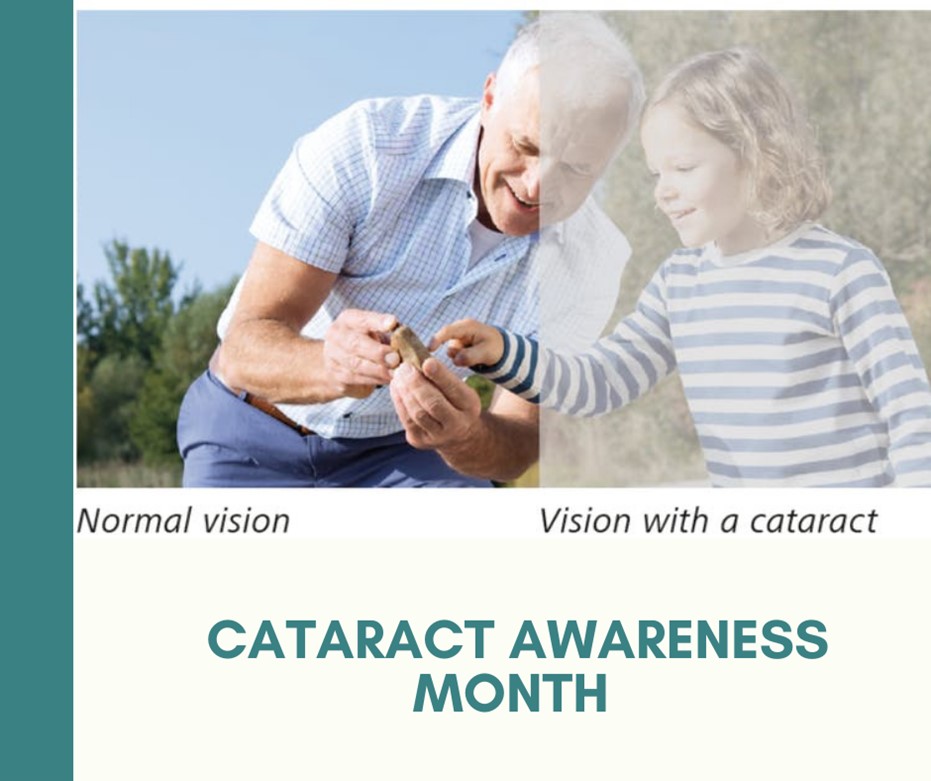Home » News and Events » June Is Cataract Awareness Month
June Is Cataract Awareness Month
Posted by: Florida Eye Microsurgical Institute in Worth Sharing...

Prevent Blindness has declared the month of June as Cataract Awareness Month. According to the American Academy of Ophthalmology, nearly 25.7 million Americans over 40 have cataracts, and the number will likely increase to 45.6 million by 2050. In support of Cataract Awareness Month, we offer a few tips for those diagnosed with cataracts as they consider having surgery to remove cataracts.
Thinking of cataract surgery can be intimidating. The procedure itself is the most common elective surgery among Medicare beneficiaries in the United States. Multiple studies have shown its association with improved quality of life, reduced risk of falling, and fewer car crashes.
For patients who feel interference in their daily lives by their blurry or dulled vision, the procedure can significantly benefit their quality of life. Here are three questions from the American Academy of Ophthalmology to help determine if they are ready for cataract surgery?
Are your cataracts impacting your daily activities?
Symptoms of cataracts include blurry, dim, double vision in a single eye or yellowed vision. The lack of contrast and clarity can be difficult for driving, reading, cooking, or work.
Are your cataracts affecting your ability to drive safely at night?
Cataracts can cause halos around lights and difficulty seeing in low-light settings, impacting driving at night safely. Advanced cataracts can even generate enough vision loss to fail the vision test required for a driver’s license.
Are your cataracts interfering with the outdoor activities you enjoy?
Cataracts can also increase sensitivity to glare, which can be especially troublesome for those who enjoy skiing, surfing, and other outdoor activities. They can also cause visual differences from one eye to the other, affecting the distance vision golfers need.
Cataract surgery is only recommended when the outcome is expected to improve vision unless cataracts obscure treatments for other eye diseases. Those considering cataract surgery should discuss how cataracts are affecting their daily lives with your eye doctor.
We Are Available To Help You With The Decision-Making Process
You are not alone! Our practice is available to help you make these decisions before you proceed with cataract surgery. We want our patients to be fully informed and comfortable with the timing and details of this procedure. Call today to schedule a comprehensive assessment of your eyes and a detailed discussion about your cataract surgery options.
References: Prevent Blindness and American Academy of Ophthalmology
